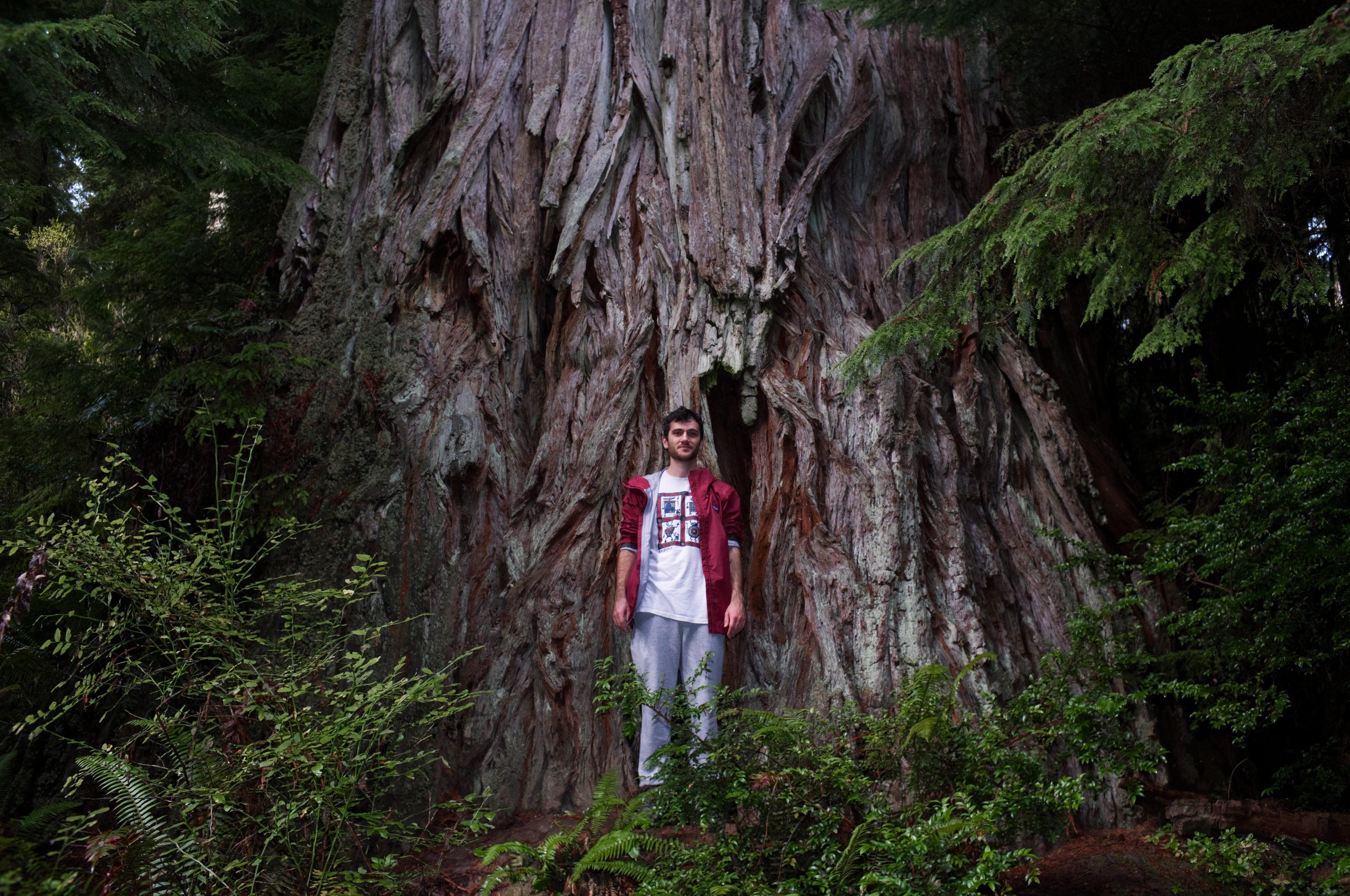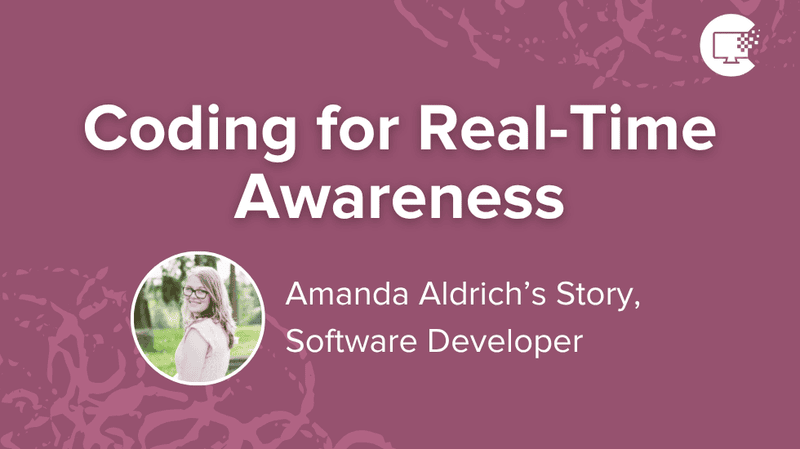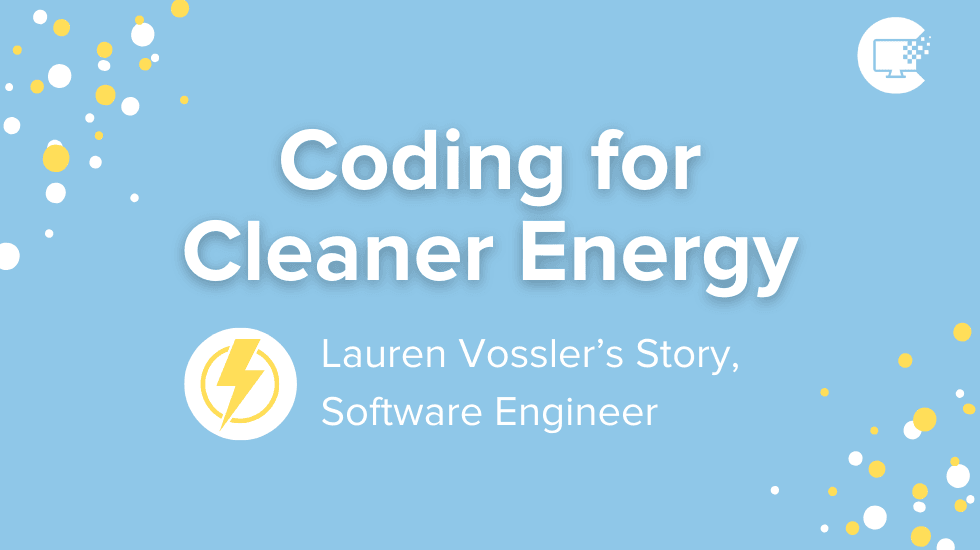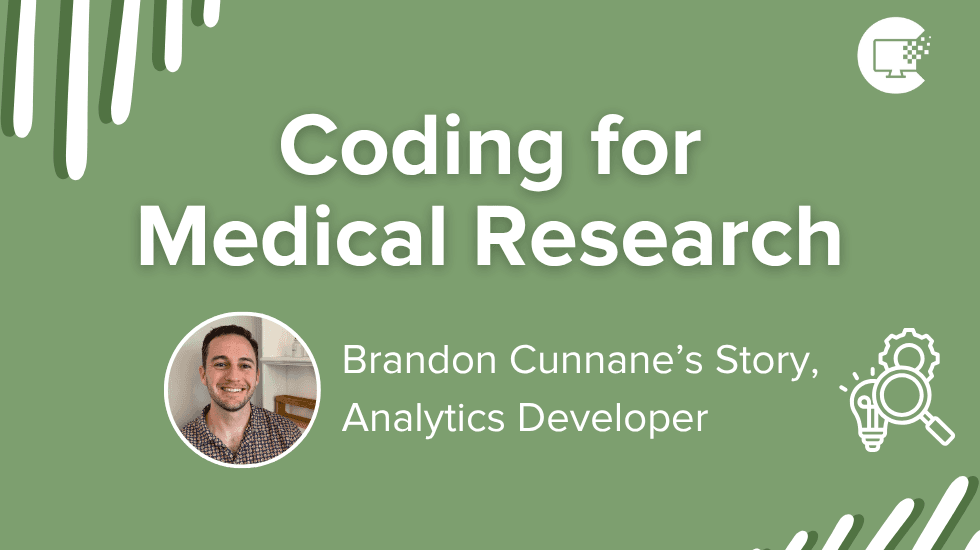
From classroom coding projects to managing research data on adolescent brain development, Charlie Nazarian’s story shows how computer science skills can make an impact far beyond the tech industry. As a Software Developer and Data Manager at the University of Minnesota, Charlie is using programming to help scientists better understand how young minds grow and change.
A Career Sparked by High School Computer Science
Charlie’s journey into computer science began in high school with an AP Computer Science course. “I had a great teacher, and I found programming to be a lot of fun,” Charlie explains. That spark led to pursuing a Bachelor’s degree in Computer Science and Economics at the University of Minnesota.
After graduating, an unexpected opportunity came along. Charlie’s neighbor, a Principal Investigator at the university, offered him part-time work building tools for a neurodevelopment lab. That role soon became a full-time position, blending coding skills with medical research.
Supporting Research with Code
The lab studies adolescent neurodevelopment, and coding plays a key role in managing and analyzing the data that fuels discoveries. Charlie oversees a MySQL database containing everything from parent surveys to behavioral assessments to MRI scans.
- SQL is used to extract large amounts of information for researchers.
- Python script help automate data transfers and generate tracking sheets.
- PHP powers the front-end interface, giving non-technical team members easy access to the data they need.
“When something goes wrong with the website, it’s my job to fix the problem so others can keep working without interruption”
Automating the Pipeline
One of Charlie’s biggest projects has been building an automated data transfer pipeline. Before, downloading and formatting data could take days or even weeks. Now, thanks to the streamlined system, it takes only minutes.
Here’s how it works:
The code connects directly to Qualtrics via its API, pulling survey data automatically.
JSON templates map the survey data into the structure expected by the database.
Jinja templates generate the SQL queries needed to upload everything seamlessly.
Quality checks flag any incomplete or duplicate data for review.
This automation has transformed efficiency in the lab, giving researchers more time to focus on their studies instead of wrangling data.
Lessons Learned in the Lab
Working with real-world data means being ready for surprises. For Charlie, one lesson stands out: always check your edge cases.
“The biggest tip is to really check your edge cases. There will always be something you didn’t account for when you first write your code that could produce unexpected results.”
That ability to anticipate the unexpected is just as valuable outside the lab as it is within it.
Why Computer Science Matters
For students considering computer science, Charlie’s work is a reminder that coding is about much more than building apps or games. It is a core skill of the modern world, one that connects to ethics, safety, and responsibility.
From ensuring HIPAA compliance in healthcare data to understanding how algorithms shape hiring decisions, computer science is central to decisions that affect people’s lives every day.
“Even if you don’t end up becoming a software developer, knowing the basics of computer science provides insight on more than just code.”
Tools of the Trade
Charlie’s role requires a diverse toolkit, including:
Python
SQL
PHP
JSON & Jinja
Bash
R
Microsoft Excel
Charlie’s story is a powerful example of how coding can advance scientific research and help uncover insights about human development. Whether it is streamlining data collection or ensuring researchers have the tools they need, computer science is at the heart of discovery.
For students, it is a reminder that coding can take you anywhere, even into the lab, where your skills might help unlock new understandings of the human brain.

“Curious, passionate, stubborn, music-loving, soccer-playing, outdoors-occupying, mid-20s guy living life for the first time with everyone else.”


